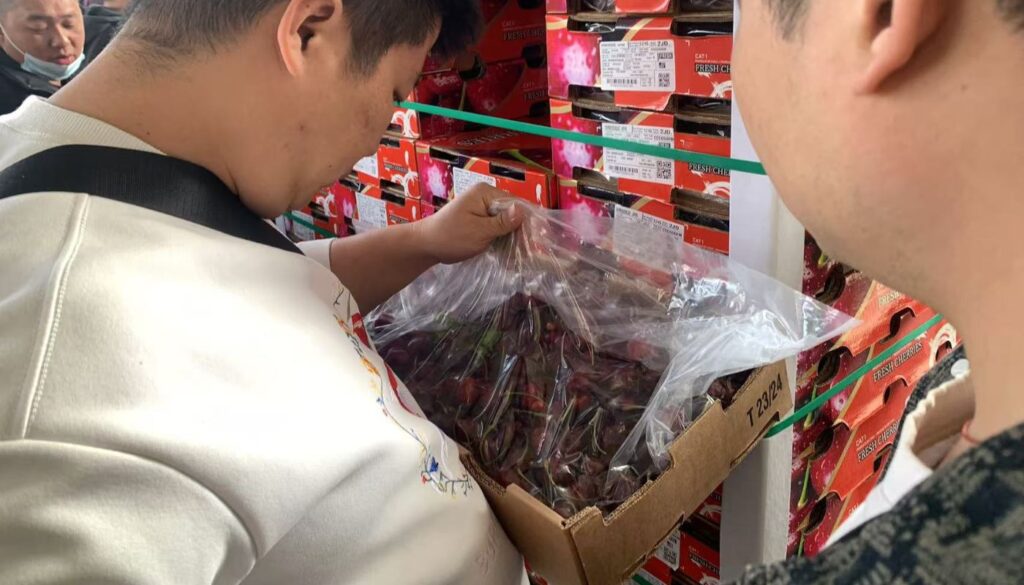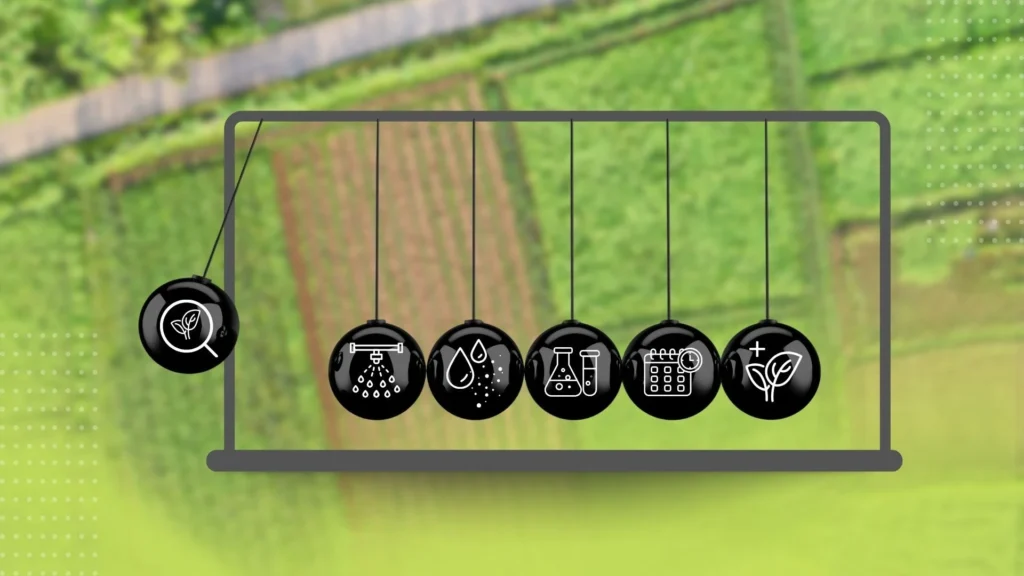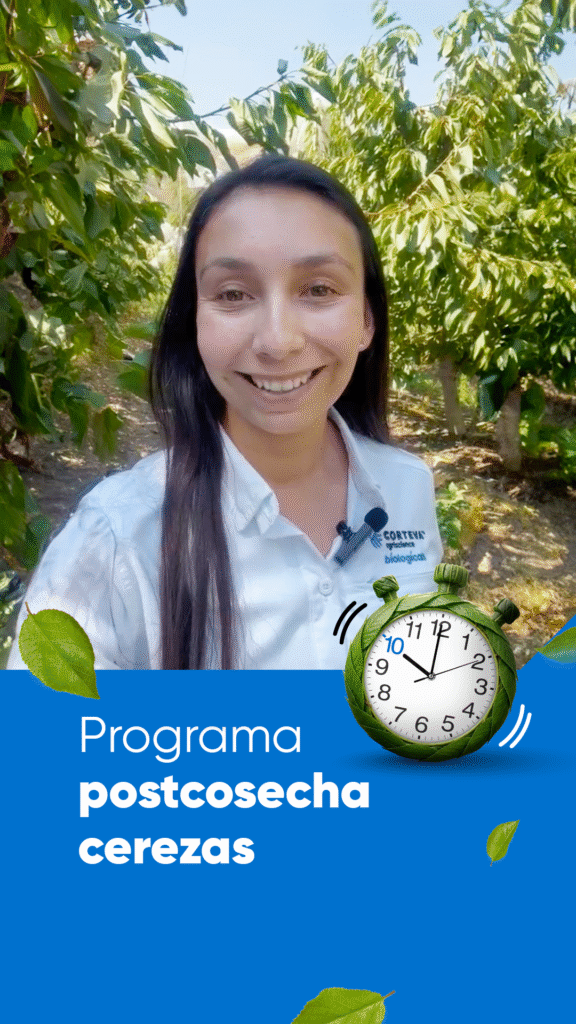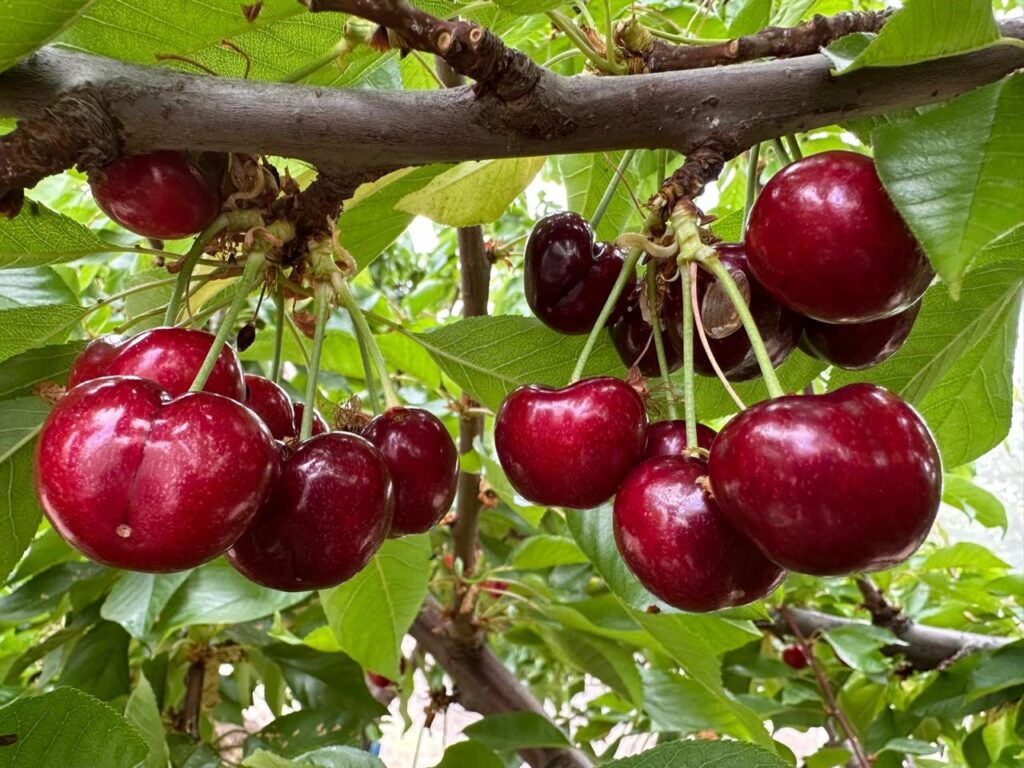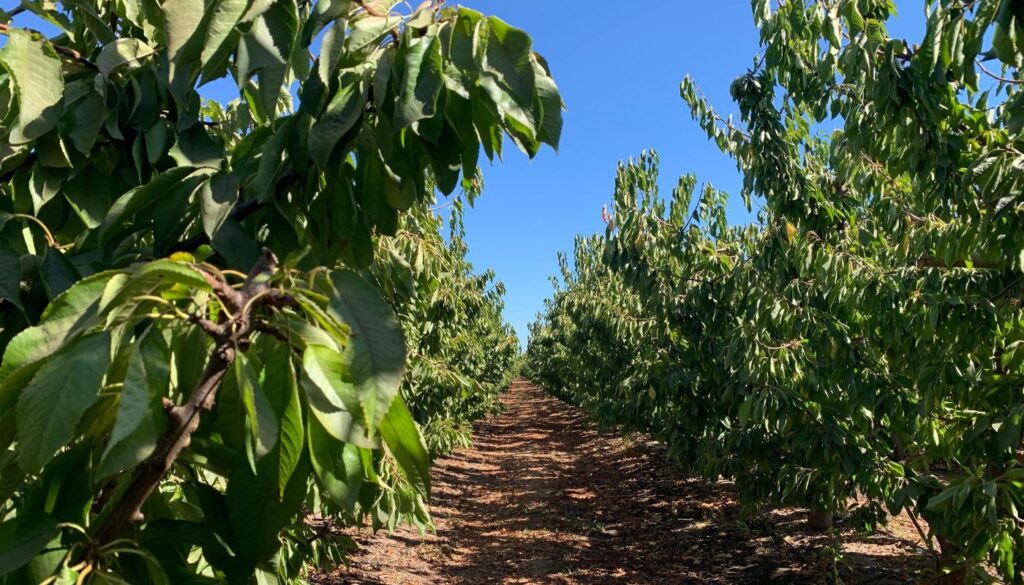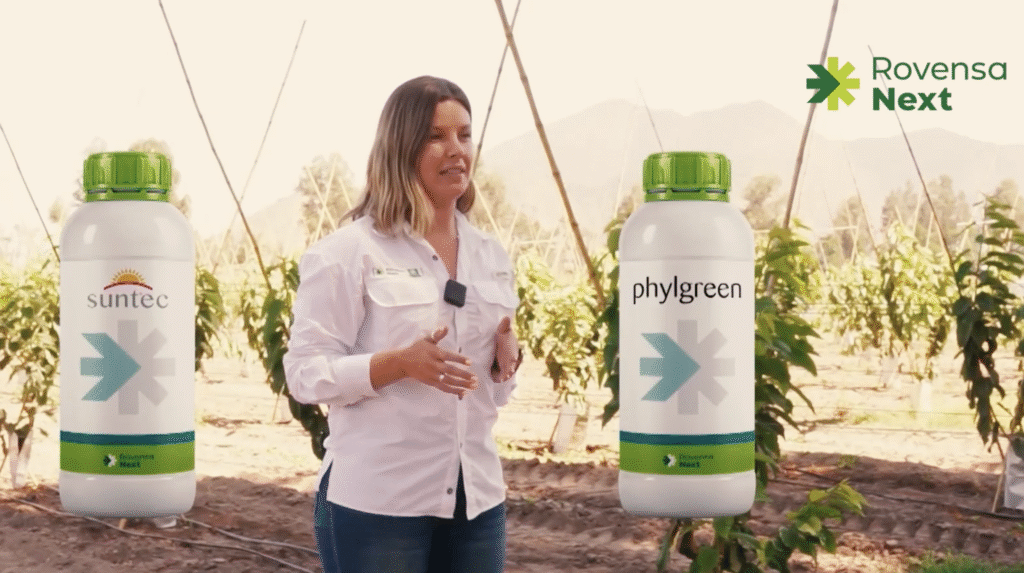Agroecology is an agricultural system whose objective is to obtain food of the highest quality, with respect for the environment and taking care of, among other things, the fertility of the land by maximizing natural resources. Gonzalo Formas, Technical Director of R&D+I at Ecofos, has vast experience in the subject and explains how we can use this concept in conventional agriculture.
The practice of ecological principles in agriculture seeks balance between all the systems that comprise it and that are necessary for it to survive and function properly. Homeostasis, as this balance is known, is unique to each productive situation and depends on the type of soil, the climatic condition, the type of water, the variety, the pattern and, most importantly, the management of the crop.
Along these lines, Gonzalo Formas, Commercial and R&D Director of Ecofos, explains that organic farming, in general, works better in soils with higher organic matter content. “In this type of soil, the feasibility of this material being active and creating symbiosis with the plant is much greater, therefore, the probabilities of having better results are much higher. The plant delivers highly soluble carbon, or total organic carbon, in photoassimilated form, and in turn the microorganisms deliver nutrients, water, antibiotics, phytohormone precursors and a series of other elements to the plant that are essential and that we have been copying.”
Contrary to what one might think, Formas does not eliminate the application of chemical products because it considers them “a complement that allows production to be more sustainable, more sustainable and that we can arrive with the fruit free of any molecule that could cause harm to humans.”
In the case of Chile, organic farming has two very different realities. There is a large proportion of family farming and, on the other hand, there are large corporations that develop organic farming and are still expanding.FAO points out that organic or ecological agriculture should not exceed 2% of the agricultural surface of a country and we in Chile are currently at approximately 0.6% under certification. Therefore, it is feasible to continue growing but that is directly associated with the destination markets of the species that are to be produced under agroecology.” explains Gonzalo.
As an example, he highlights that for years the production of organic blueberries was enormous, but competition with countries such as Peru, Mexico and Morocco made it comparatively expensive, which led to the decline in that niche. There are other crops that are growing, such as almonds and walnuts, however, in the case of cherries, production that is under certification is still very low. “There are less than 10 farms nationwide and less than 400 hectares, but, as a good niche, we are not thinking about China but about markets in the northern hemisphere, both Canada and Europe,” says Gonzalo Formas, Commercial and R&D Director of Ecofos.
Today, the Covid crisis, maritime freight, oil costs and the Russia-Ukraine war have driven great advances in the use of more natural production techniques and bioinputs in conventional production, accelerating the adoption of, mainly, biofertilizers and biopesticides. An example is the enormous number of hectares that are working with biosolubilizers and nutrient fixers such as nitrogen or phosphorus, with costs ten times lower than the application of the same amount of nitrogen or phosphorus units that can be fixed or solubilized, respectively.
For cherry crops in particular, Gonzalo highlights that “At Ecofos we have a proposal for root growth biostimulants where we combine natural plant extracts with elements that generate faster root growth, together with microorganisms; biostimulation to improve the percentage of fruit set or floral growth and, most importantly, we have developed a scientific methodology that allows us to measure when a plant, a cherry tree, is stressed, for which the natural biostimulant Super Grow is perfect because it allows the plant to be de-stressed, for example in frost conditions, so that it produces optimally and enters a better post-harvest.”
All these biosolutions are available on the Ecofos minisite on our platform.



